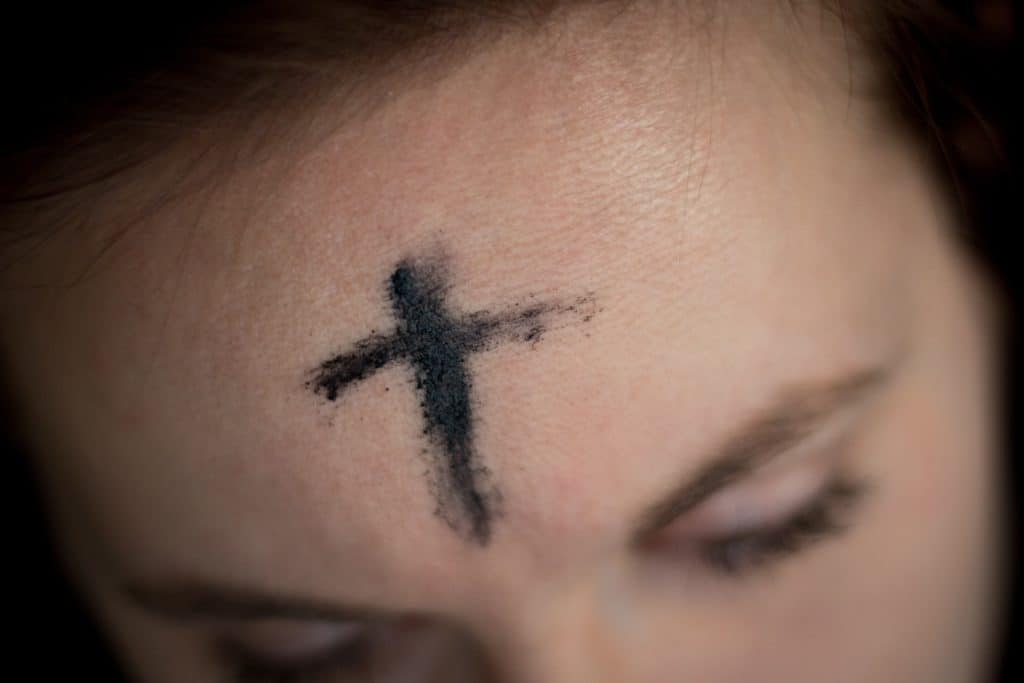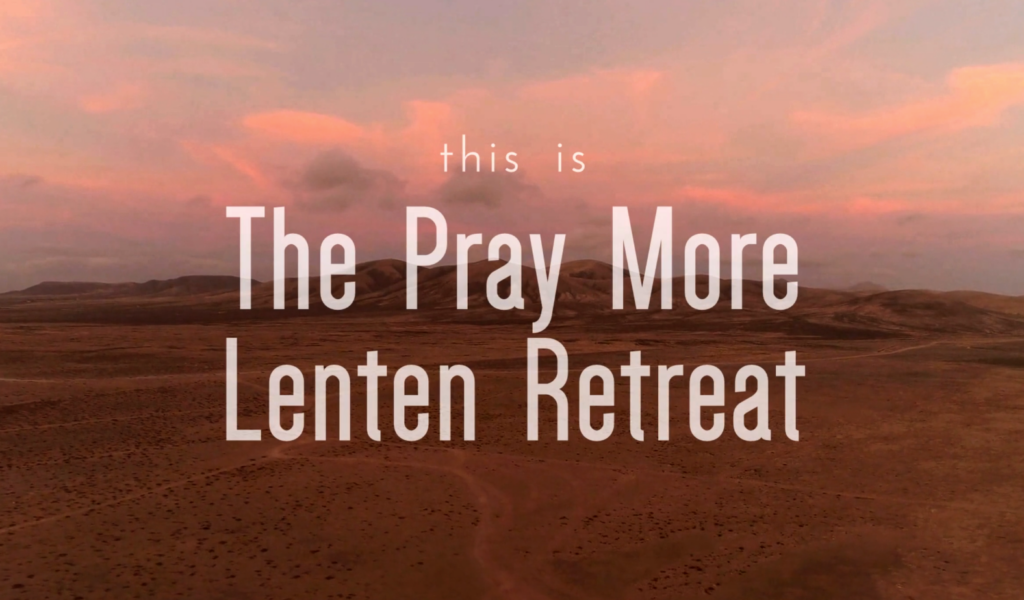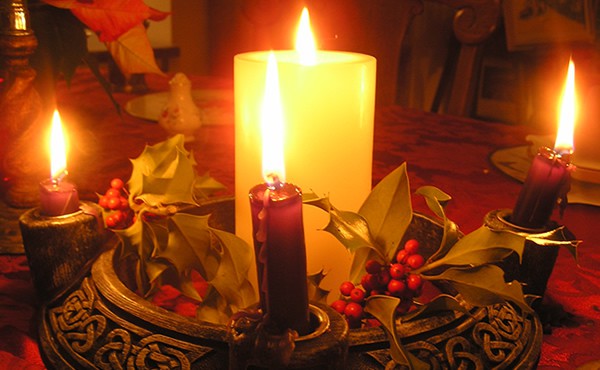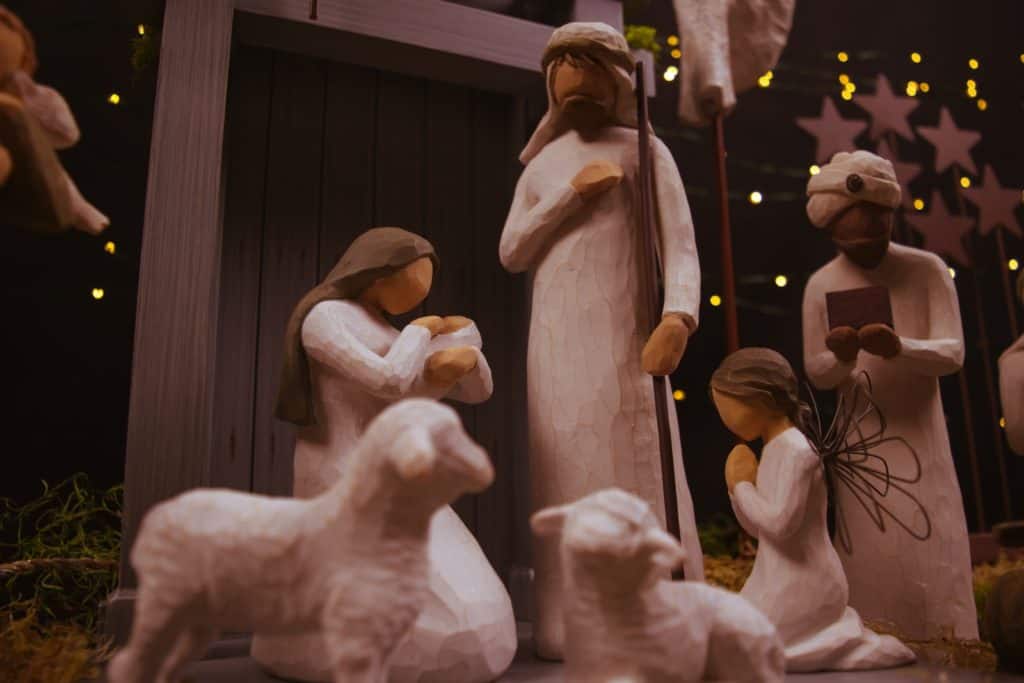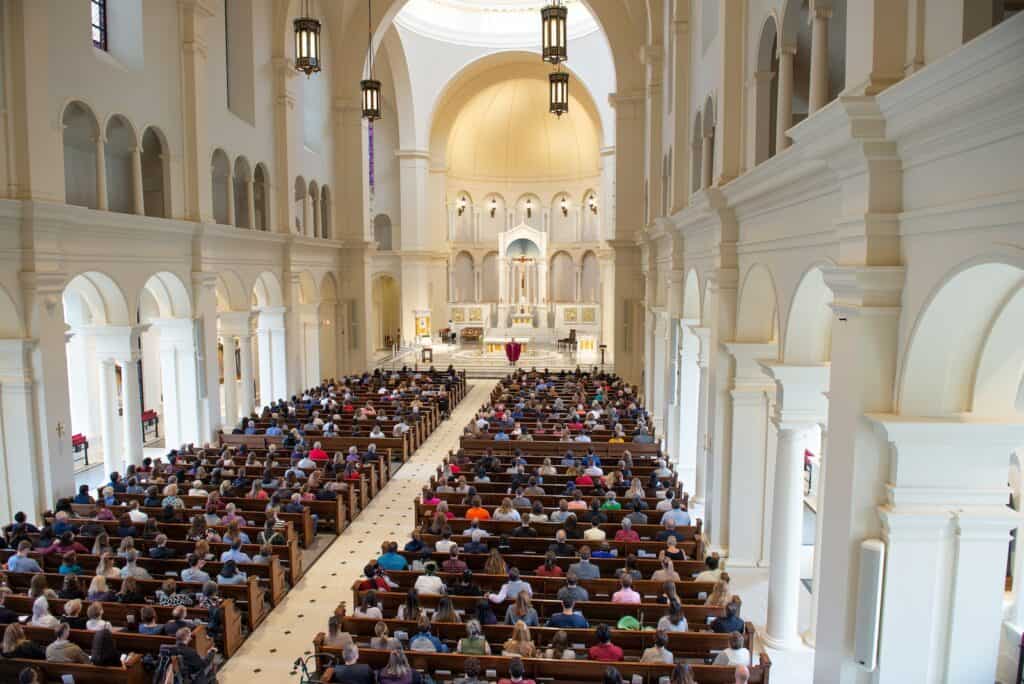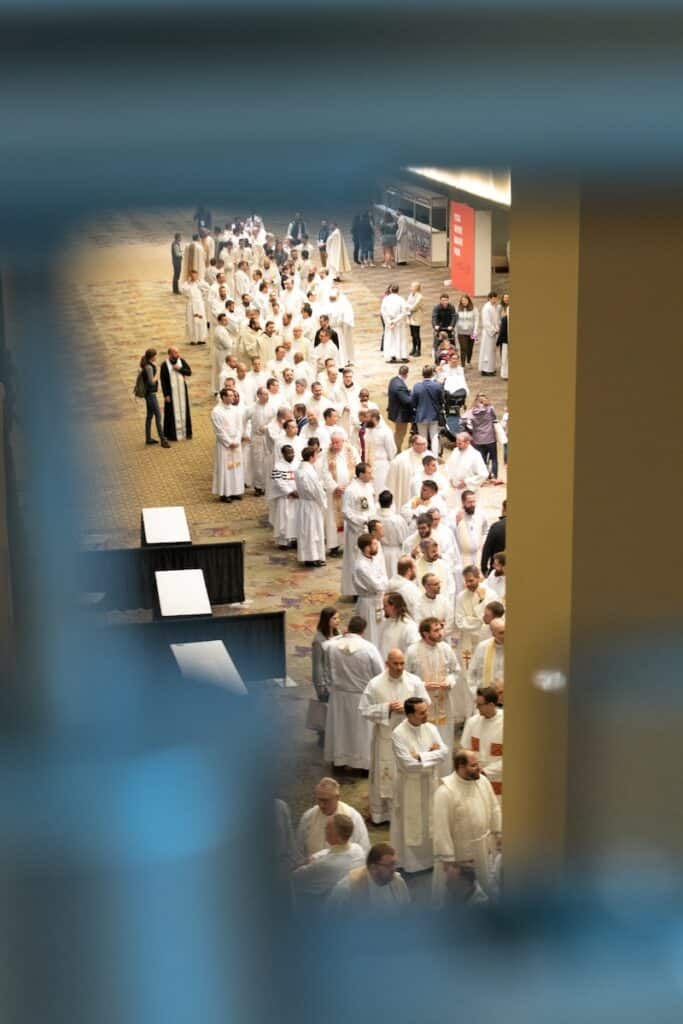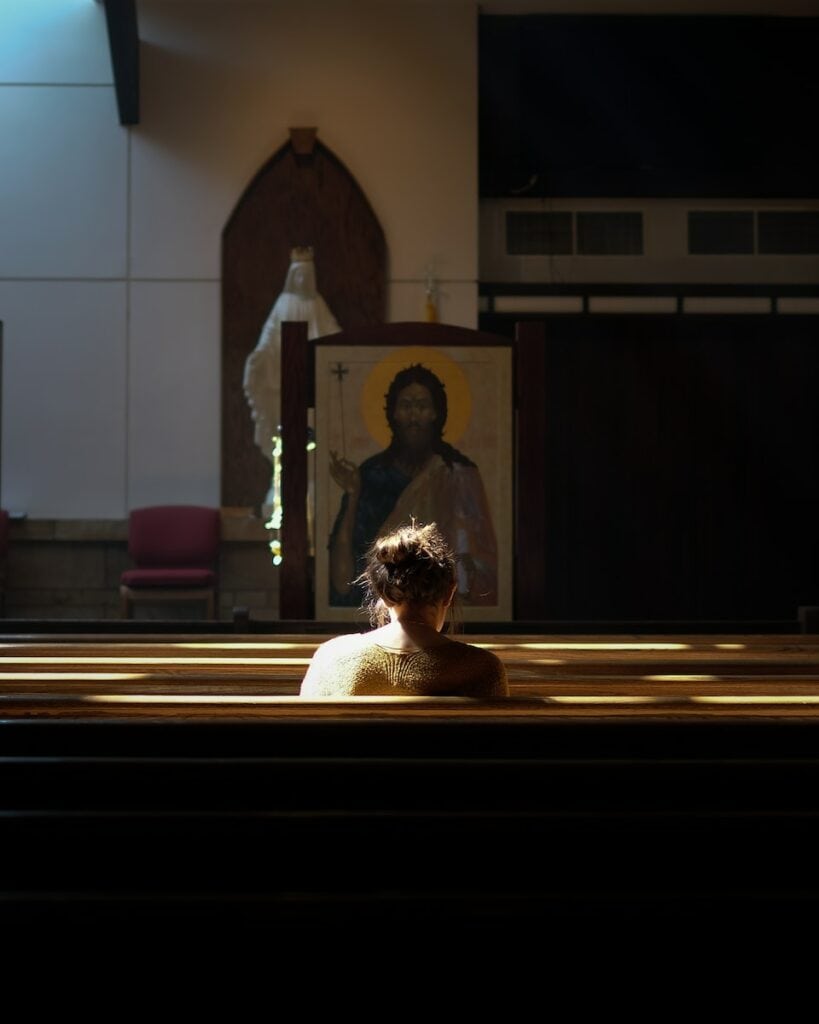When is Lent 2024?
We know that every year, the season of Lent does not begin on a fixed date. To help you plan out and prepare for this year’s Lenten season, we answered some common questions people look for to find more information on this year’s Lent timeline as well as an overview of the important dates you […]
When is Lent 2024? Read More »
